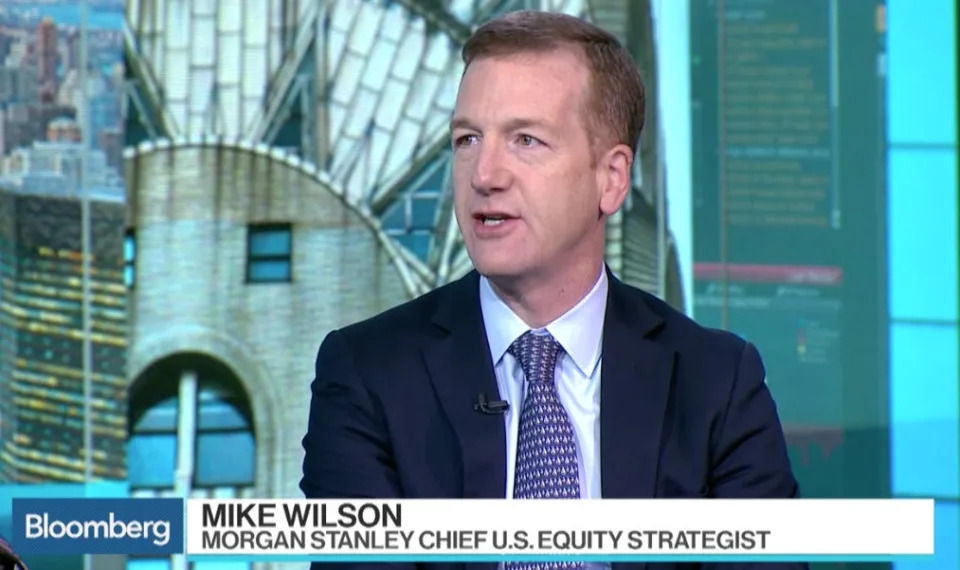News
Stocks that have underperformed are poised to catch up if the latest jobs data is strong, Morgan Stanley says

Morgan Stanley's chief US equity strategist Mike Wilson says the next round of jobs data could provide a boost to underperforming stocks.
The latest stock market rally, spurred by investments in artificial intelligence, has pushed the S&P 500 up around 20% and sent the Dow Jones Industrial Average up about 6,000 points in the last 12 months, but many other names have been left behind amid the tech-fueled enthusiasm.
That could change if the next nonfarm payrolls number, due this Friday, comes in above forecasts, Wilson says.
"A stronger-than-expected payroll number and lower unemployment rate would likely provide markets with greater confidence that growth risks have subsided, paving the way for equity valuations to remain elevated and a potential catch-up in some other markets/stocks that have lagged," Wilson wrote in a Tuesday note.
Morgan Stanley analysts predict the US added 185,000 nonfarm payrolls in August, above consensus estimates of 162,000 and an increase from an additional 114,000 jobs in July.
The bank predicts the unemployment rate will fall to 4.2%, in line with consensus. That's a slight decline from the rate of 4.3% in July, which was a surprise increase from 4.1% in June.
If the jobs report comes in below expectations for the second month in a row, it could spark renewed fears of a recession, Wilson said.
"Conversely, another weak report and a further rise in the unemployment rate would likely rekindle growth fears and pressure equity valuations like last month," Wilson said.
Weak jobs numbers could also force the Federal Reserve to cut rates by more than forecasted.
Wilson said a series of 25 basis points cuts "may be the sweet spot for equity multiples if it comes alongside stable growth," while a cut of 50 basis points "may not be viewed favorably by the equity market if it comes alongside labor market weakness."
The stock market rally has broadened in recent months as investors have grown increasingly cautious over returns on AI investment amid a projected $1 trillion spending spree in the coming years.
That's been on display in the last week as Nvidia has extended its post-earnings decline to 13% since reporting earnings on Thursday, with results failing to meet the loftiest targets and investors' questions about AI returns for the chip maker's customers still lingering.
As other industries catch up, around 16% of the S&P 500 is now rallying to 52-week highs, up from 4% at the start of the year, Bloomberg data shows.
Read the original article on Business Insider

